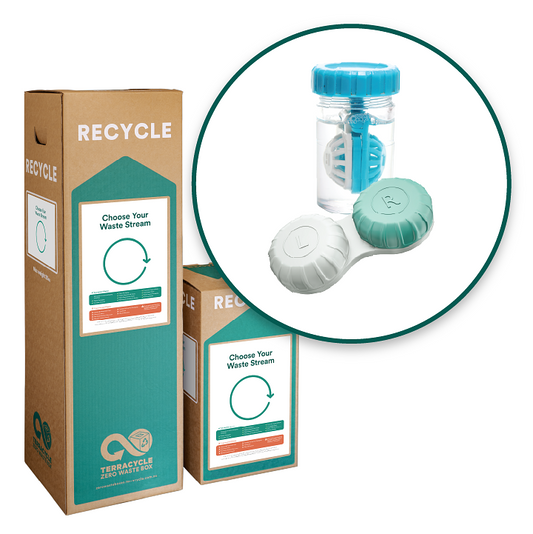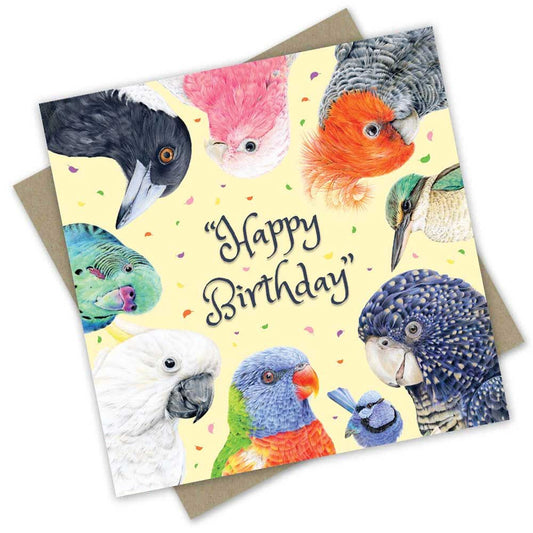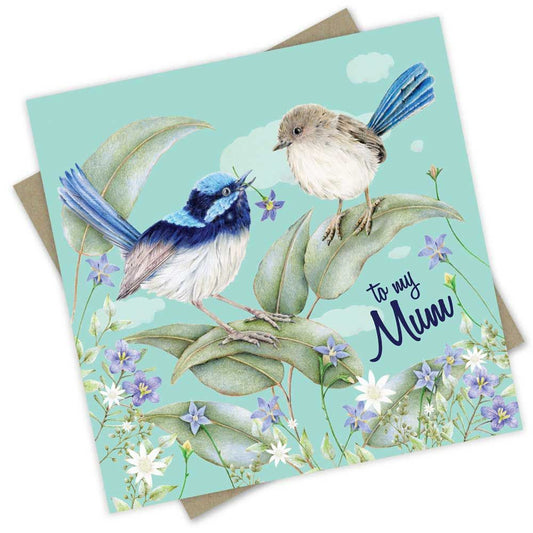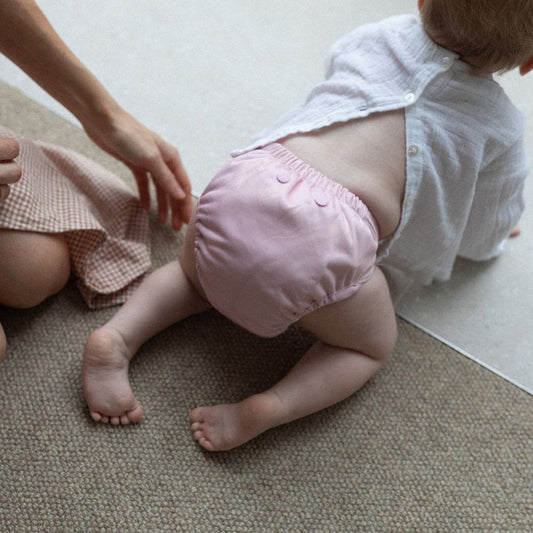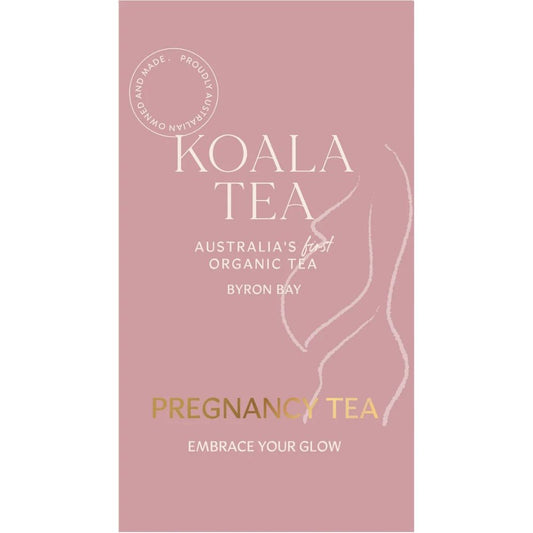If you or someone you love has eczema, itchy or sensitive skin, you know how hard it can be to find the right clothing that doesn’t irritate or inflame your skin. You may have heard that bamboo fabric is the best choice for eczema and sensitive skin, because it is soft, breathable, hypoallergenic, and thermoregulating. But is bamboo fabric really as good as it sounds?
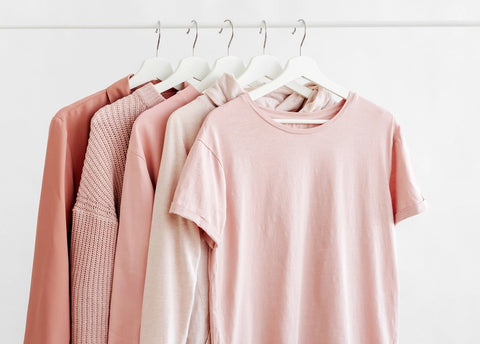
In this blog post, we take a closer look at bamboo fabric and see if it lives up to its reputation. We find that bamboo fabric is not necessarily the best fabric for sensitive skin. While some bamboo fabric may have some advantages such as softness and breathability, it also has disadvantages in terms of chemical processing, sustainability, and effectiveness.
It's also important to remember that not all fabrics will be of the same weave and quality—just as cotton fabric can vary greatly from cheesecloth to corduroy!
When considering bamboo clothing, we also need to consider the quality, blend and weave, how it has been dyed and treated, as well as the sustainability of the particular bamboo pulp used.
Bamboo fabric is actually viscose
Bamboo fabric is a type of textile made from the pulp of bamboo grass. What is marketed as "bamboo fabric" is actually viscose or rayon, which is a semi-synthetic fibre that can be woven or knitted into various fabrics. Bamboo viscose is also sometimes blended with other natural or synthetic fibres, such as cotton, silk, or polyester.
True bamboo fabric that is made from actual fibres of bamboo, known as 'fine bamboo', is a labour and time-intensive process that involves the physical breakdown of bamboo into a pulp. The final textile is coarse like hemp and certainly not soft!
Why is bamboo fabric supposed to be good for eczema, itchy and sensitive skin?
Bamboo fabric has been praised for being good for eczema, dermatitis, itchy and sensitive skin, with qualities such as:
- Softness: Bamboo fabric is said to be very soft and smooth on the skin, without any rough or scratchy fibres that can irritate the skin.
- Breathability: Bamboo fabric is said to be breathable and moisture-wicking, allowing air to circulate and sweat to evaporate, which helps to keep the skin cool and dry.
- Hypoallergenic: Bamboo fabric is said to be naturally hypoallergenic, meaning it does not cause allergic reactions or sensitivities on the skin. It is also said to be antibacterial, anti-fungal, and odour-resistant, which helps to prevent infections and bad smells.
- Temperature regulation: Bamboo fabric is said to be thermoregulating, meaning it can adjust to the body’s temperature and provide warmth or coolness as needed. This can help to prevent overheating or chilling, which can trigger eczema flare-ups.
However, here we look at these claims as it is not all true that bamboo is good for eczema and itchy skin.
What is the downside of bamboo fabric?
While bamboo fabric may sound like a miracle material for eczema and sensitive skin, it also has some disadvantages that are often overlooked or ignored, such as:
Chemical processing
Bamboo fabric is not as natural as it seems.
- To turn bamboo pulp into viscose fibre, it has to undergo a chemical process that involves dissolving the pulp in a solution of sodium hydroxide (also known as caustic soda or lye) and carbon disulfide (a toxic solvent). These chemicals can leave residues on the fibre that can harm the environment and the health of the workers and consumers.
- Some bamboo fabrics may also be treated with other chemicals, such as bleaches, dyes, finishes, or coatings, that can affect the quality and safety of the fabric.
Sustainability
Bamboo fabric is not as eco-friendly as is often claimed.
- While bamboo itself is a renewable and biodegradable resource, the production of bamboo viscose requires a lot of water, energy, and land.
- According to a report by the Textile Exchange, bamboo viscose has a higher environmental impact than cotton in terms of water consumption, greenhouse gas emissions, land use change, eutrophication (excessive nutrient pollution), and human toxicity.
- Some bamboo plantations may involve deforestation, monoculture (only one crop), or pesticide use, which can harm biodiversity and soil health.
Effectiveness
Bamboo fabric may not be as effective as it promises and certainly not all good quality. The final fabric can range from a silky rayon to a fluffy fleece. So, claims such as "bamboo is four times more absorbent than cotton", "maintains body temperature", "rapidly wicks away moisture from the skin" are all way too broad to apply as a blanket rule without assessing the specific nature and quality of the textile.
- While bamboo fabric may have some inherent properties that are beneficial for eczema and sensitive skin, such as softness and breathability, these properties vary greatly depends upon the quality, weave and blend.
- Some bamboo fabrics may be too thin or too thick, too loose or too tight, too stretchy or too stiff, which can affect their comfort and performance.
- Claims that bamboo fabric is naturally hypoallergenic, anti-bacterial or anti-fungal are not true because the final viscose fibres that have been synthetically processed not retain any of the natural properties of bamboo.
Conclusion
Bamboo is not necessarily ok for sensitive skin. While some bamboo viscose may have some advantages over other fabrics, it also has some disadvantages in terms of chemical processing, sustainability, and effectiveness. Therefore, before buying bamboo fabric products for yourself or your loved ones with eczema or sensitive skin, you should consider these factors:
- The type, quality and blend of the bamboo fabric: Look for bamboo fabrics that are certified by reputable organisations such as OEKO-TEX or GOTS, which ensure that they are free from harmful substances and meet high environmental and social standards.
- The care instructions of the bamboo fabric: Follow the care instructions of the bamboo fabric products carefully to maintain their quality and safety. Wash them in cold water with a mild detergent without bleach or fabric softener. Air dry and avoid dry cleaning.
- The personal preference of the user: Ultimately, the best fabric for eczema and sensitive skin is the one that suits the individual’s needs and preferences. Some people may find some bamboo viscose fabric to be comfortable and soothing, while others may find it to be too hot or too cold, too slippery or too clingy, too smooth or too rough. Therefore, it is important to try different fabrics and see what works best.
Bamboo fabric is not a magic solution for eczema and sensitive skin. It is just one of the many options available in the market. The most important thing is to find a fabric that makes you feel good and happy.
Our recommendation is to select certified organic cotton clothing and socks, especially organic cotton pyjamas for children.
MORE READING


